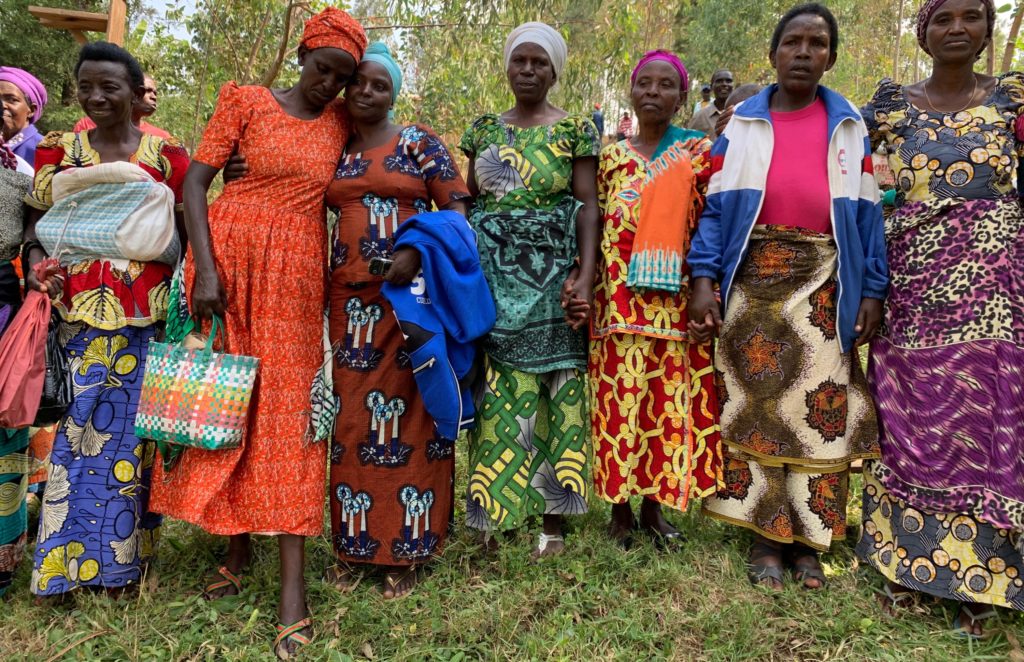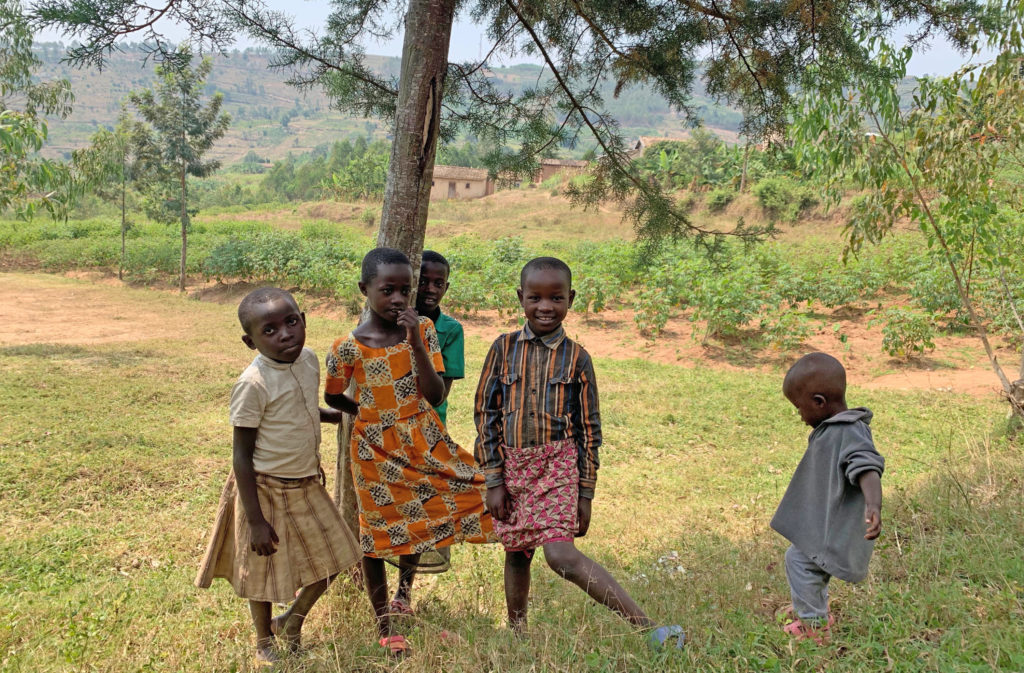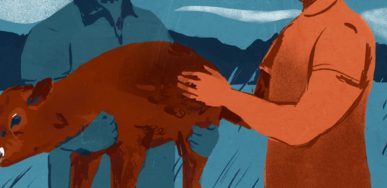Truly encapsulating Rwanda during the genocide in 1994 is impossible. During the 100 days of the genocide, nearly one million Rwandans were killed. It was, as CARSA founder Christophe Mbonyingabo describes it, “a genocide of proximity.” Many victims were killed not by strangers, but people they knew intimately: by their neighbors, friends, and sometimes even family members.
The genocide can be difficult for outsiders to understand. A country that largely shared a common language and culture had become increasingly divided by a colonial emphasis on class and ethnicity. Even now, after spending time in Rwanda and producing a documentary about efforts to recover from the genocide, the experiences that I heard and the stories of the brutality so many people endured still feel surreal to me.
But the atrocities of the genocide is not where the Rwandan story ends. I produced this documentary to demonstrate how Rwandans are actively shaping their future. CARSA, or Christian Action for Reconciliation and Social Action, is one Rwandan organization working to heal the wounds of the past for a brighter future. They hold workshops and programs, many shown in the documentary, which attempt to reconcile survivors and perpetrators of genocide, and to make sure that new generations of Rwandans are free of lingering hatred or resentment.
In CARSA’s Empower workshops, survivors and their perpetrators meet together for a week and take part in three-hour sermons in the morning and two hours of group and partner activities that aim to release “happy chemicals.” These activities teach skills like destressing techniques, and how to clear your mind to easily fall asleep.

This picture was taken in Kamonyi, Rwanda, a district close to the capital of Kigali. The women pictured are members of a Cell Group—survivors and perpetrators of the genocide who have gone through CARSA’s Empower workshop to find peace and begin the road to inner healing.
After completing the weeklong Empower workshops, the participants select a survivor and perpetrator pair to participate in the Cow for Peace program, where the survivor is given a cow and, with the help of the perpetrator, cares for the cow until it has a calf of its own. Then, the survivor is given the choice to gift the calf to their partner, the person who had harmed them and may have killed their family members. Through Cows for Peace, the survivor and perpetrator can cultivate a relationship based upon partnership and caretaking.
During my visit, I saw a Cow for Peace pair on a visit to a Cell Group – a group of survivors and perpetrators who went through the Empower workshop and continue to meet after to discuss their lives and hardships. CARSA’s programs aim to establish a lasting, positive bond between the perpetrator and survivor. Rebuilding these relationships can also motivate others in the group to continue working towards group acceptance and forgiveness.
Another key theme is CARSA’s initiatives with Rwandan children. CARSA’s Peace Clubs meet after school and teach important lessons about the history of the genocide, as well as leadership skills, dialogue and communication, and conflict resolution. Another program is Football for Peace, essentially a soccer league for children in various districts around Kigali. The caveat is that in the matches, there are no referees; rather, the children must stop the game if they see a foul and use conflict resolution skills to resolve the problem. CARSA produces workshops with children in an attempt to create a new generation of Rwandans that have the skills and ability to prevent another genocide from occurring in Rwanda.

Only time will tell if these programs will bear fruit. CARSA’s founders also hope that these techniques can have a life beyond Rwanda, in other countries that have faced civil war, genocide, or other forms of mass violence. Rwandans have lived through an experience that is horrifying, but very human. Understanding not only what lead to the genocide, but also how a country can rebuild post-genocide, are valuable lessons for the U.S. and nations around the world.
Additional Reading
Hatzfeld, Jean, and Linda Coverdale. Machete Season: The Killers in Rwanda Speak: a Report. New York: Picador, 2006.
Longman, Timothy. Christianity and Genocide in Rwanda. Cambridge: Cambridge University Press, 2011.
“Rwanda Genocide: 100 Days of Slaughter.” BBC News. BBC, April 4, 2019. https://www.bbc.com/news/world-africa-26875506.
Additional Credits
This project was made possible with funding from

Get Involved
Learn about forthcoming podcast episodes, newly published projects, research opportunities, public events, and more.
Potential Students




